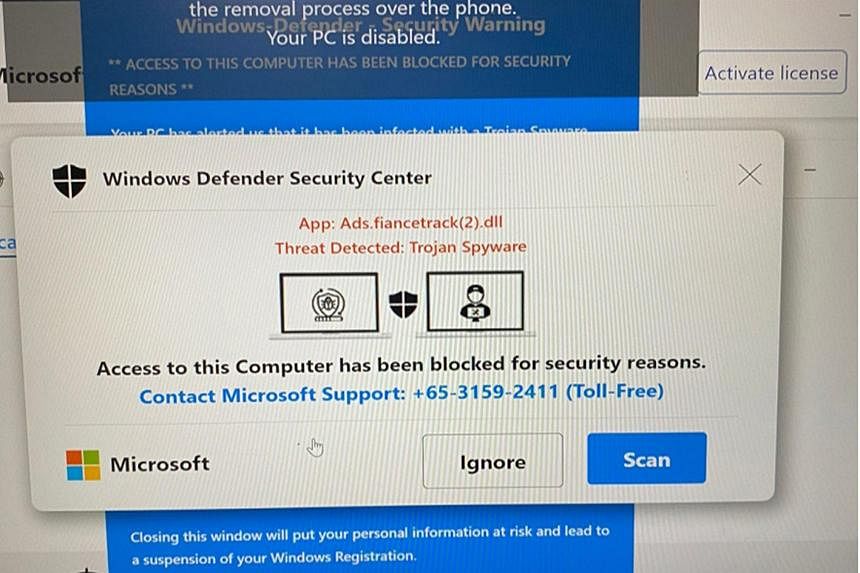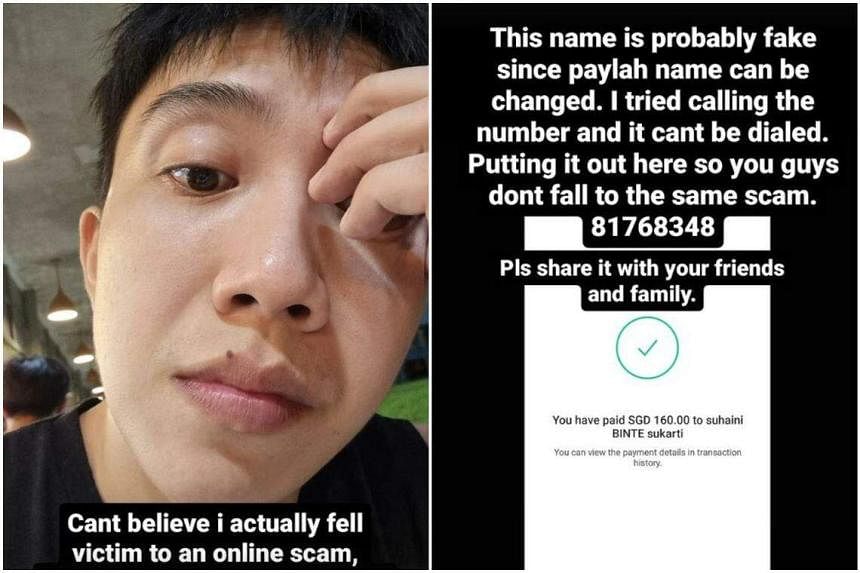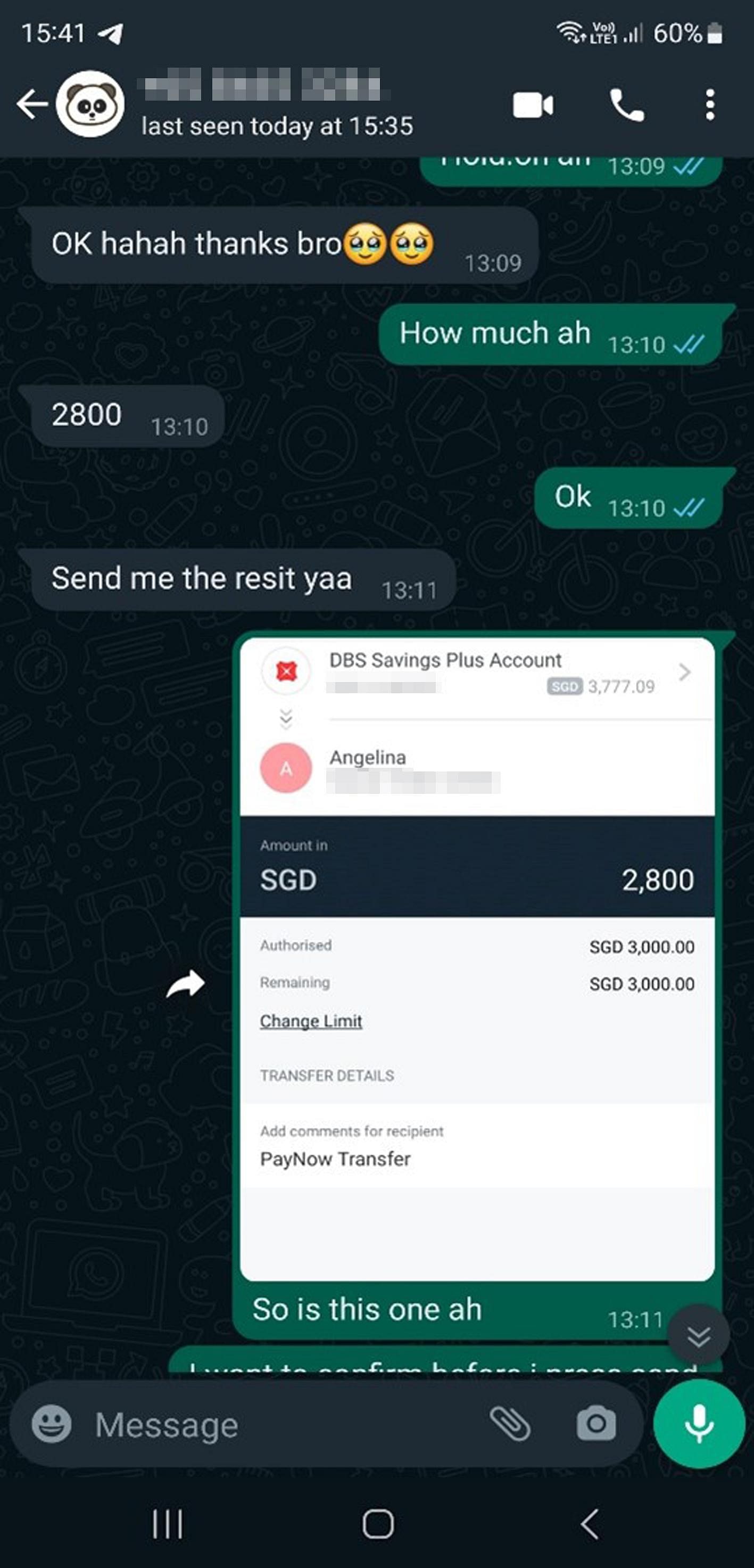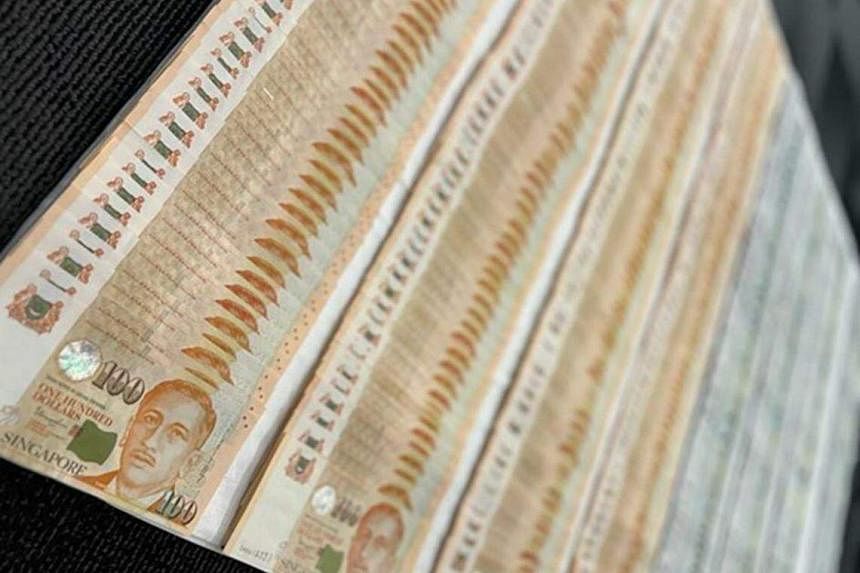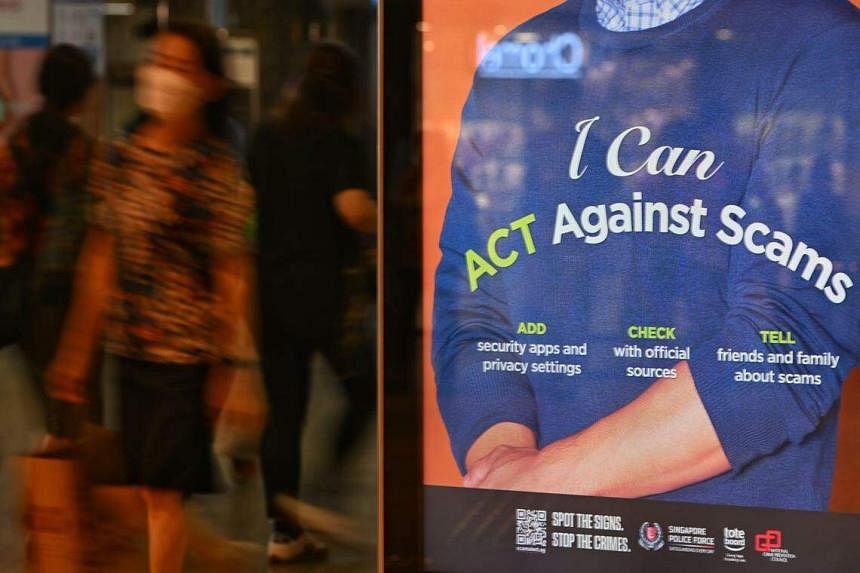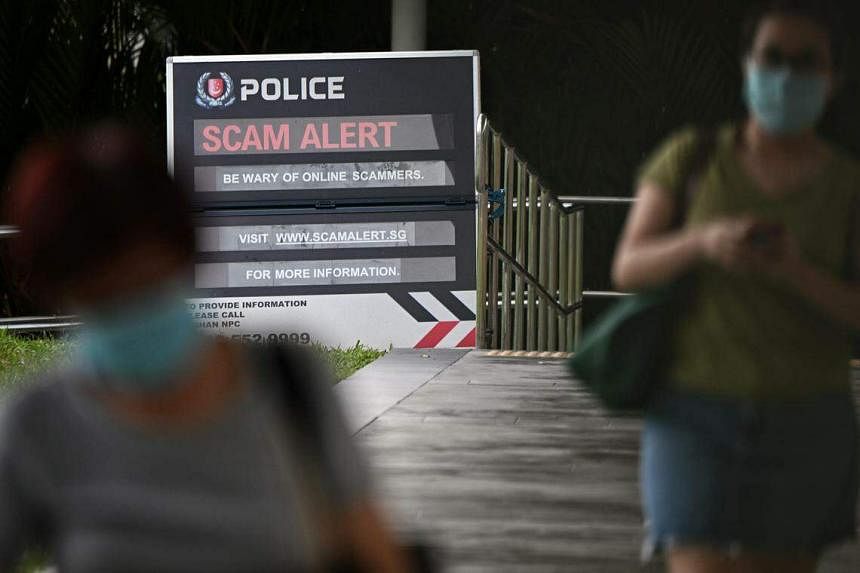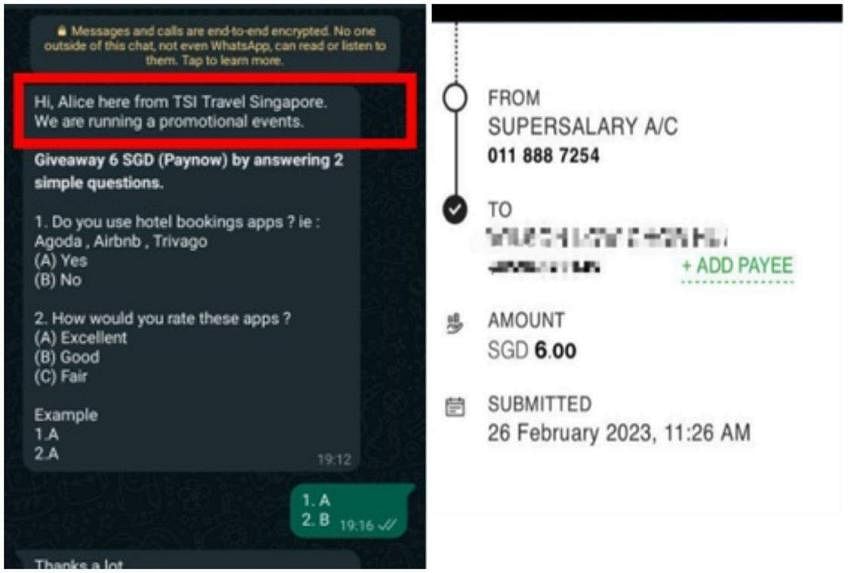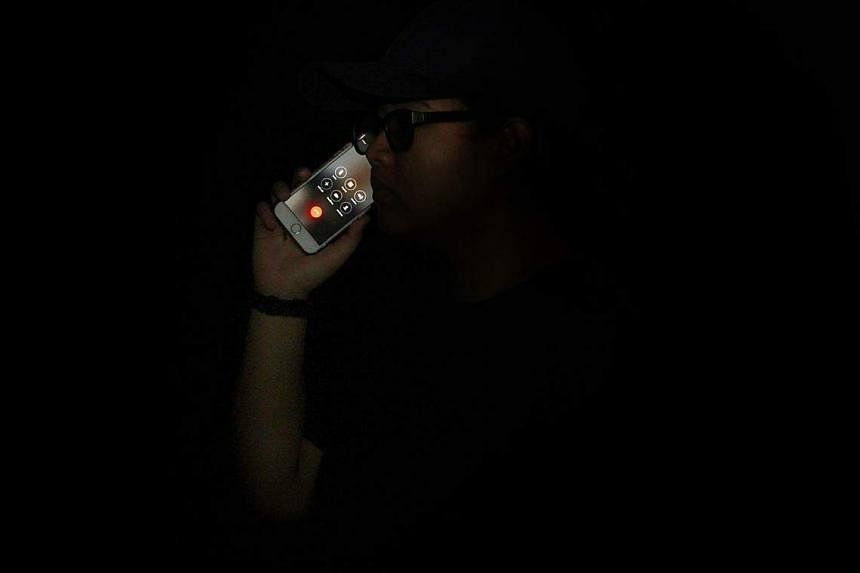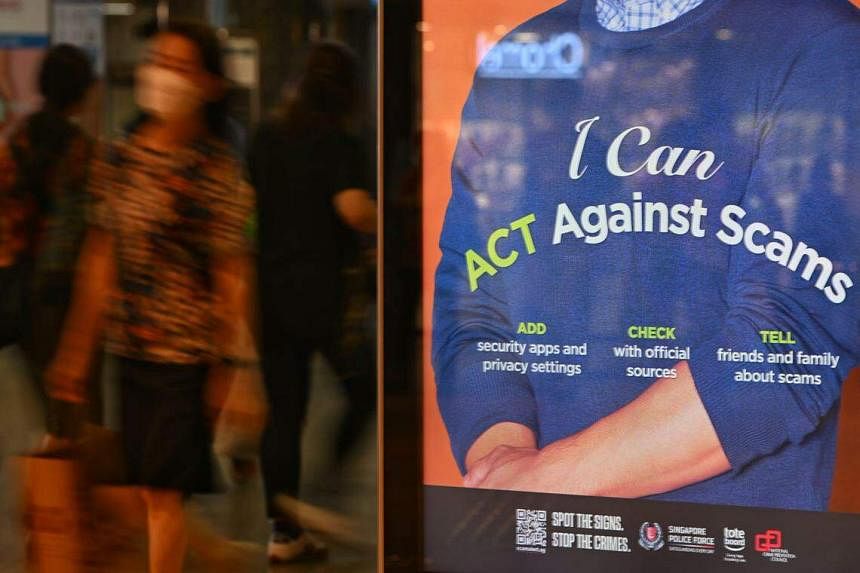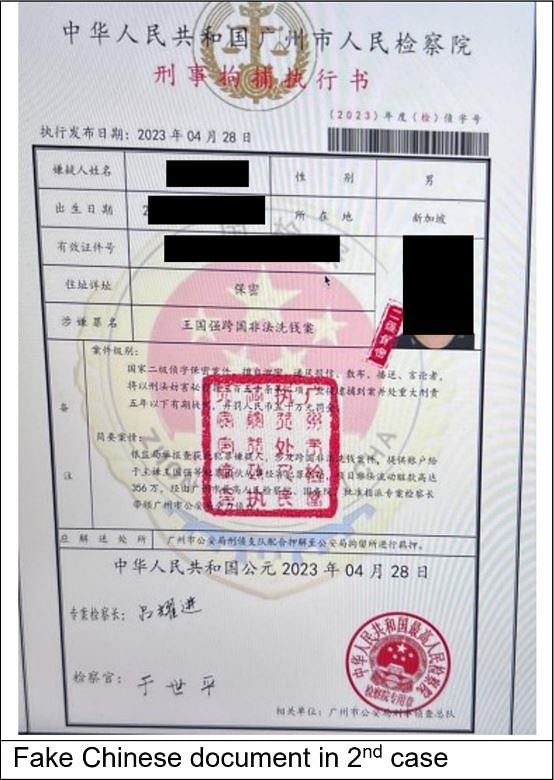- Joined
- Jul 25, 2008
- Messages
- 13,817
- Points
- 113
Scam victims in S’pore lost $660.7 million in 2022, almost $1.3 billion in past two years

There were 31,728 scam cases reported in 2022, up from 23,933 cases in 2021, an increase of 32.6 per cent. ST PHOTO: CHONG JUN LIANG

Nadine Chua
Feb 8, 2023
SINGAPORE - Scam victims in Singapore lost a total of $660.7 million in 2022, up from $632 million in 2021.
The figures released by the police on Wednesday mean that almost $1.3 billion was lost to scams in the past two years.
And contrary to popular belief, it was not mostly the elderly who fell prey to scams. More than 53 per cent of scam victims were between 20 and 39 years old.
There were 31,728 scam cases reported in 2022, up from 23,933 cases in 2021, an increase of 32.6 per cent.
Phishing scams were the most common ruse in 2022 with 7,097 cases, a 41.3 per cent spike from the 5,023 cases in 2021. However, the total amount lost by phishing scam victims decreased by 52.6 per cent, from $34.8 million in 2021 to $16.5 million in 2022.
The police said scammers in these cases would impersonate officials or trusted entities to trick victims into revealing their credit card details and bank account information.
The other scam types with the most number of reports in 2022 included job scams, e-commerce scams, investment scams and fake friend call scams.
It was the first time the police were releasing the statistics for a particular type of crime separately from the annual crime numbers, which will be released on Feb 16.
Police public communications division assistant director Brenda Ong said: “In recent years, scams have risen in numbers and have overtaken many other physical crime types to form a significant proportion of overall crime.”
She noted that a separate briefing on scams allowed the Government to provide more information on the situation, including the latest scam trends and vulnerable groups.
The scam statistics also debunked the myth that the elderly were the most likely to be scammed. Those aged 20 to 29 made up 26.7 per cent of scam victims. Another 26.8 per cent were aged between 30 and 39.
In fact, those aged 60 and above accounted for only 8.8 per cent of scam victims, with most of them falling for phishing scams.
The police said scammers often contact young people on social media, messaging platforms and online shopping platforms.
Commercial Affairs Department (CAD) director David Chew said: “The people who are more connected in the digital (world), the people who deal with it day in and day out and are comfortable with clicking on links – they are all vulnerable.”
A total of 27.2 per cent of victims aged 20 to 29 fell prey to job scams, which typically involve victims being offered online jobs such as liking social media posts or reviewing hotels and restaurants.
Victims would initially receive some commission, luring them into providing more funds in the hope of getting a bigger commission. Eventually, they would not get their money back.
Young adults aged between 30 and 39 also lost money to e-commerce scams – with 18.3 per cent of victims in this age group falling prey to this scam type.
E-commerce scams generally involve crooks posting products for sale on shopping platforms. Victims pay for products that do not get delivered.
There were 4,762 such scam cases in 2022, and victims were cheated of $21.3 million – a 261 per cent spike from the $5.9 million lost in 2021.
In 2022, victims of investment scams lost $198.3 million – the highest amount lost among all scam types. This was more than the $190.2 million lost to scammers in 2021.
Victims would come across seemingly good investment offers online and, in some cases, initially earn a profit, leading them to believe the investment is legitimate. Once larger amounts of money are transferred to the scammers, they become uncontactable.
The police said most online scams are perpetrated by scammers based outside Singapore.
“These scammers are typically part of organised criminal groups and run sophisticated transnational operations which are not easy to uncover or dismantle,” said the police, adding that such cases are difficult to investigate and prosecute.
The police noted that cooperation from overseas law enforcement agencies, and their ability to track down the scammers in their jurisdictions, is required in solving such cases.
In 2022, 13 scam syndicates were busted – six linked to job scams, three to government official impersonation scams, and two each to phishing and Internet love scams.
This came after collaboration between the Singapore Police Force and overseas law enforcement agencies. More than 70 individuals responsible for more than 280 scam cases were arrested.
To address the scam scourge here, an anti-scam campaign was launched by the National Crime Prevention Council (NCPC) on Jan 18, urging the public to “ACT” against scams.
The ACT abbreviation in the campaign tag line outlines how people can Add security features, Check for signs, and Tell the authorities and others about scams.
NCPC vice-chairman Tan Puay Kern said: “We are losing millions of dollars to scams every month. Any one of us can be a scam victim. But if we stand together, we can fight scams effectively. Do not hesitate, ACT now.”
He advised the public to find out about the latest scam trends and share them with friends and family. They should look out for scam signs before responding, and report to the police immediately if they have been scammed.
CAD’s Mr Chew said: “The biggest threat to turning awareness into action is the whole idea of invincibility. When we interview scam victims, many of them say, ‘I’m the last person who I thought would get scammed.’”
He added: “Look at the types of people who get scammed. We all think it’s the old, the young and the naive. But lawyers, doctors and professors (have fallen prey to scams). No one is immune to scams. The thought that ‘it will not happen to me’ – that is the greatest challenge.”





